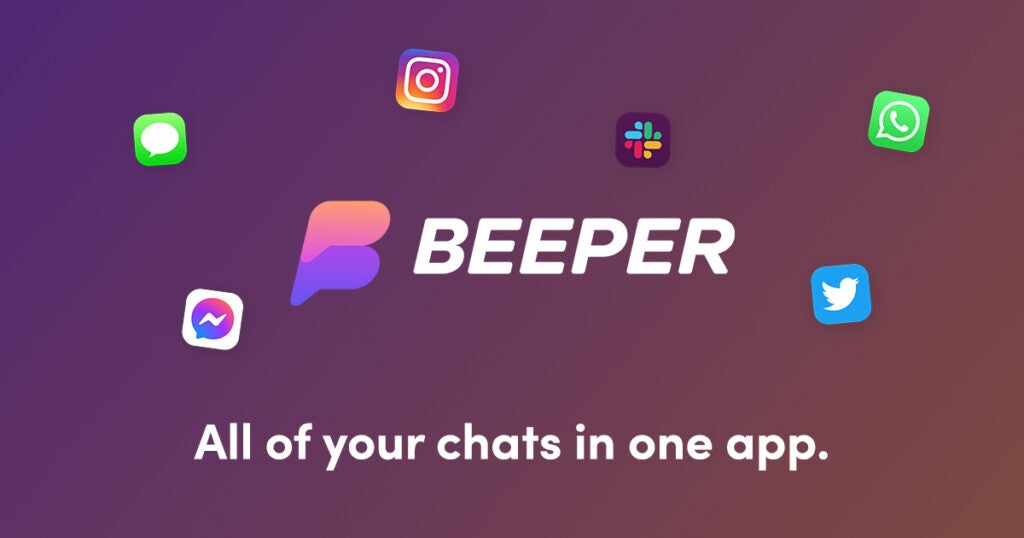As we’re slowly approaching Christmas, you’d think that technology news would start to become sparse but that hasn’t been the case.
This week has been rife with exciting news and controversial moments in the tech space. We’ve seen E3 finally canned, putting an end to the hugely popular gaming event that has given us a first peek at some of the most popular games over the past few decades.
We’ve also seen the launch of new Intel processors and rumours about a new Samsung phone. And yet none of these big stories have qualified as our biggest winner or loser of the week. Check out our picks below.


Winner: Epic Games
For the past few years, Epic Games – the publisher of the hugely popular Fortnite game – has been waging war with both Apple and Google over their monopolistic control over their retrospective smartphone app stores.
While Epic has so far struggled to gain any ground over Apple in this dispute, it has finally secured a historic win over Google.
It’s not clear what kind of actions Google will need to take as a result of this ruling, with the assess set to deduce on the required remedial steps next year. But there’s no doubt that Epic will be extremely happy with these latest events.
In a blog post, Epic wrote: “Today’s verdict is a win for all app developers and consumers around the world. It proves that Google’s app store practices are illegal and they abuse their monopoly to extract exorbitant fees, stifle competition and reduce innovation.”
It will be interesting to see how this impacts the go through of playing Fortnite on an Android phone. And even beyond that, this ruling could have ramifications for all apps and games on a smartphone.


Loser: Beeper
Beeper may not be a well-known company, but it stole many people’s attention in the last few weeks by launching an app – Beeper Mini – that allows Android users to send blue-bubble iMessages to iPhones.
However, Apple has taken swift action to block any messages coming from Beeper Mini, destroying the entire purpose of the app in the process. The app even disappeared from the Google Play Store temporarily.
That’s not the end of the tale though, as Beeper Mini has since returned with tweaks to make iMessage on Android once again possible, but now requires users to use their Apple ID login. It’s currently unknown whether these tweaks are enough to keep Apple happy.
Apple released a statement (via The Verge) to say its concerns around security were the main reason for blocking Beeper’s iMessages. That’s an understandable position, with Apple wanting full control over the messaging service so iPhone users can be sure that the iconic blue bubbles still imply security-tight encryption.
This is all bad news for Beeper though, as forcing users to login via Apple ID arguably defeats the point of the app. And with Apple being extremely protective over its services, we wouldn’t be surprised to see it retaliate against Beeper Mini once again, even with these modifications.

